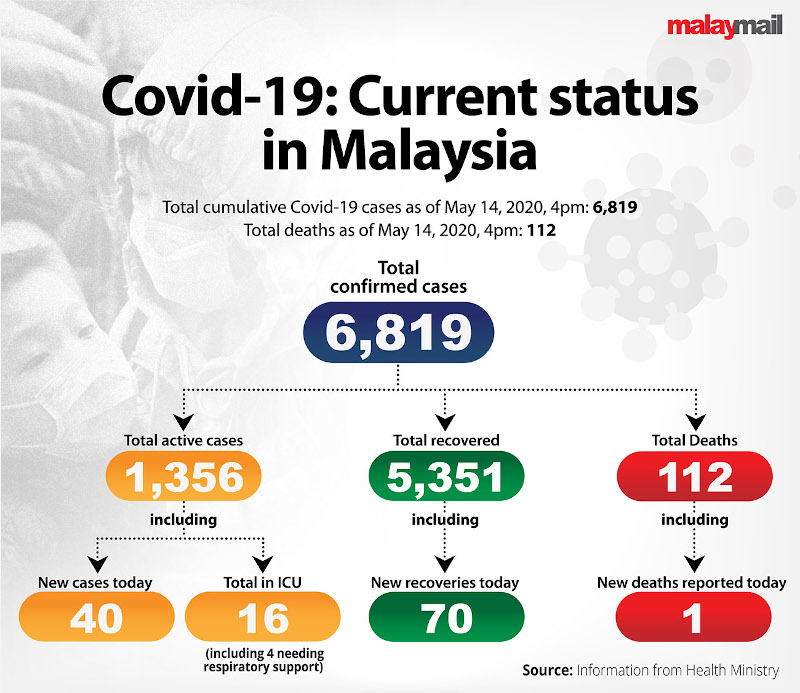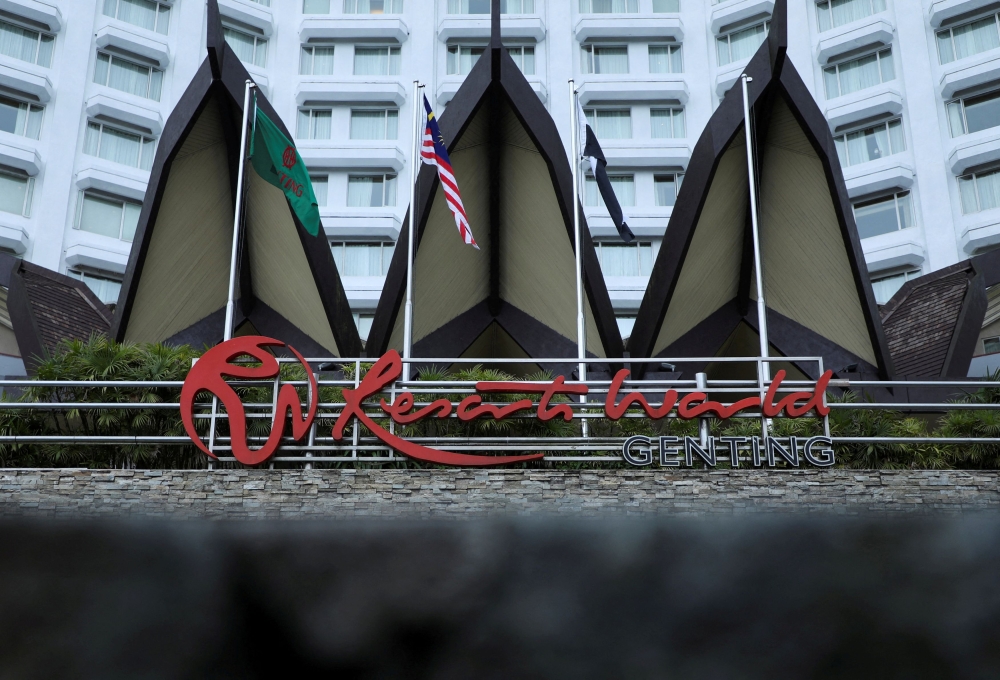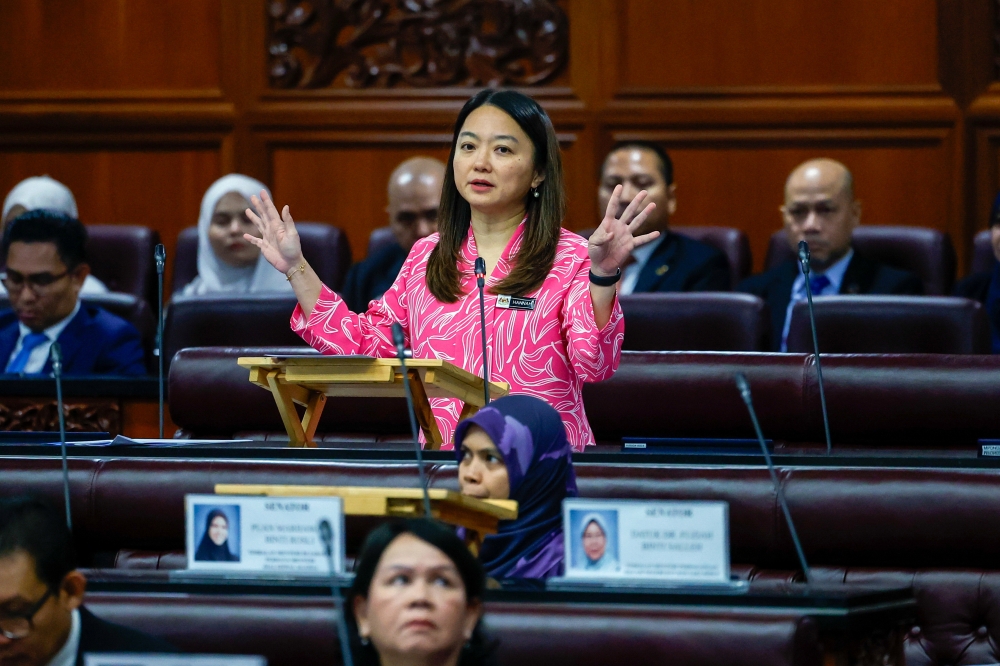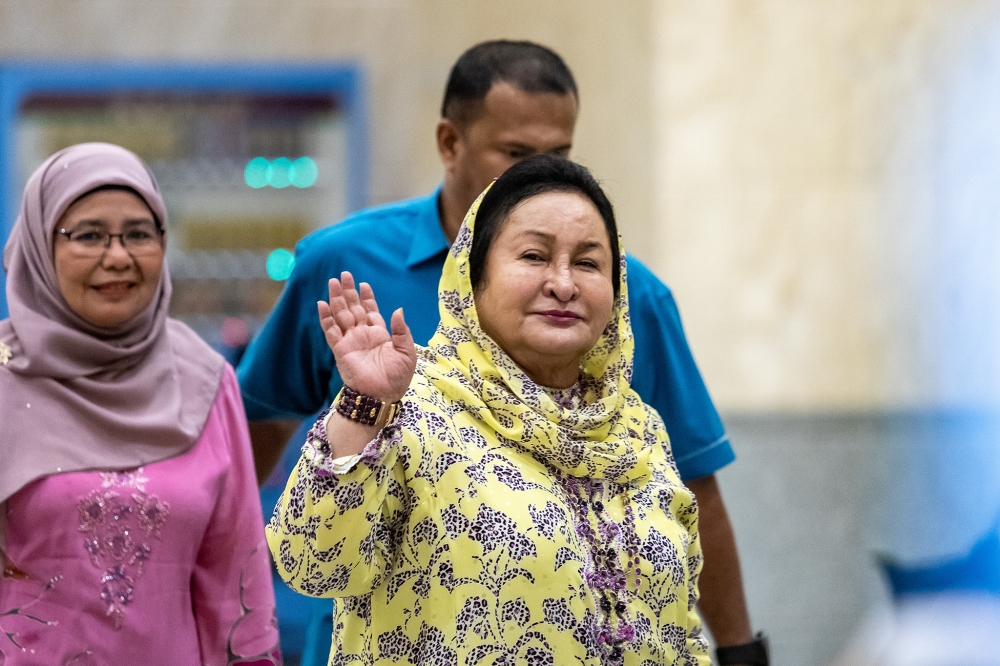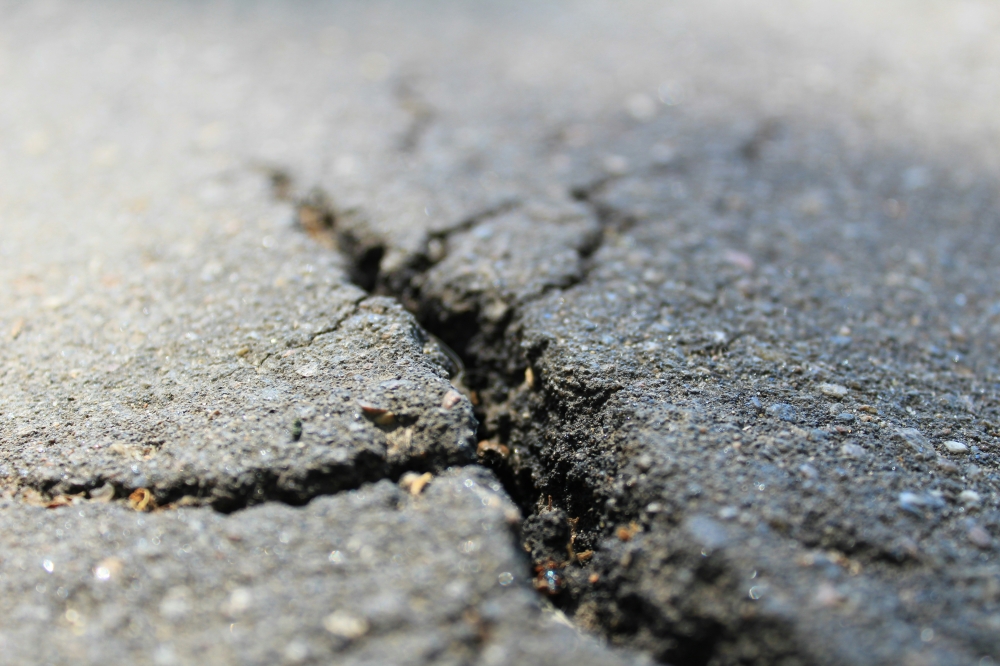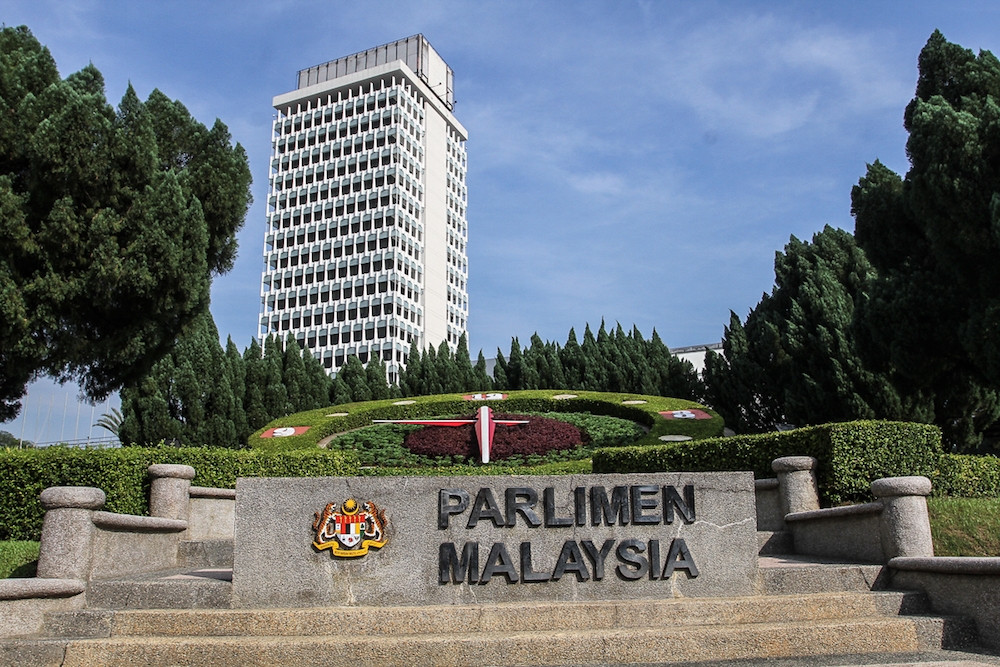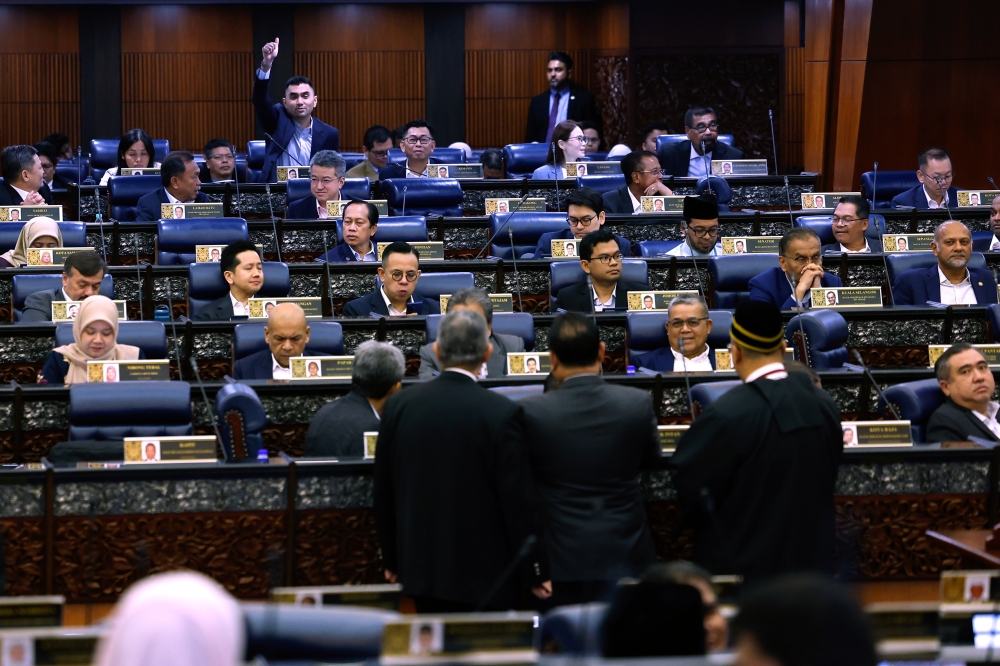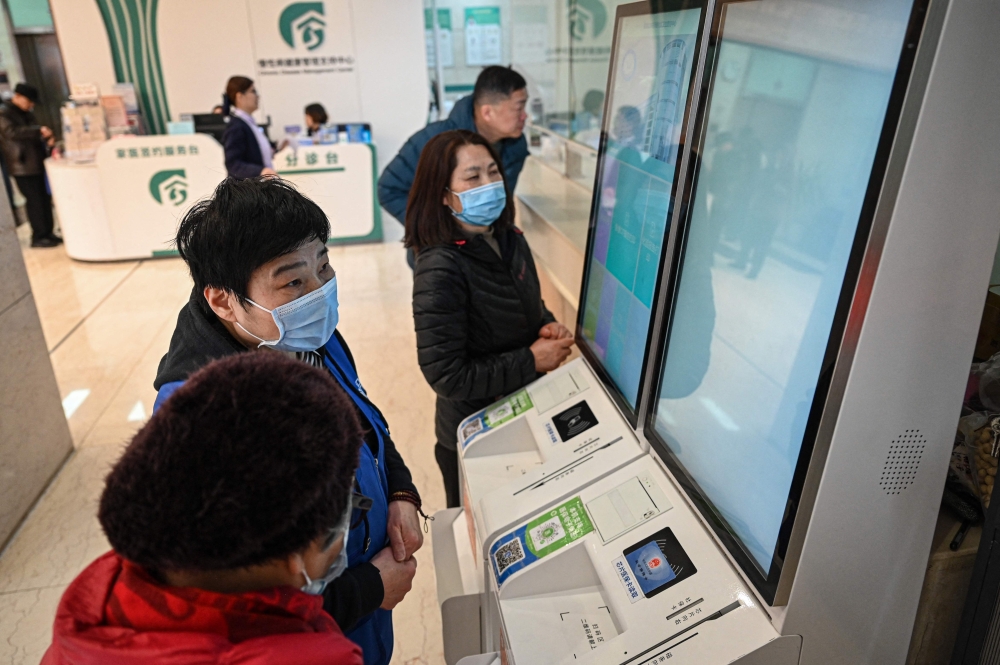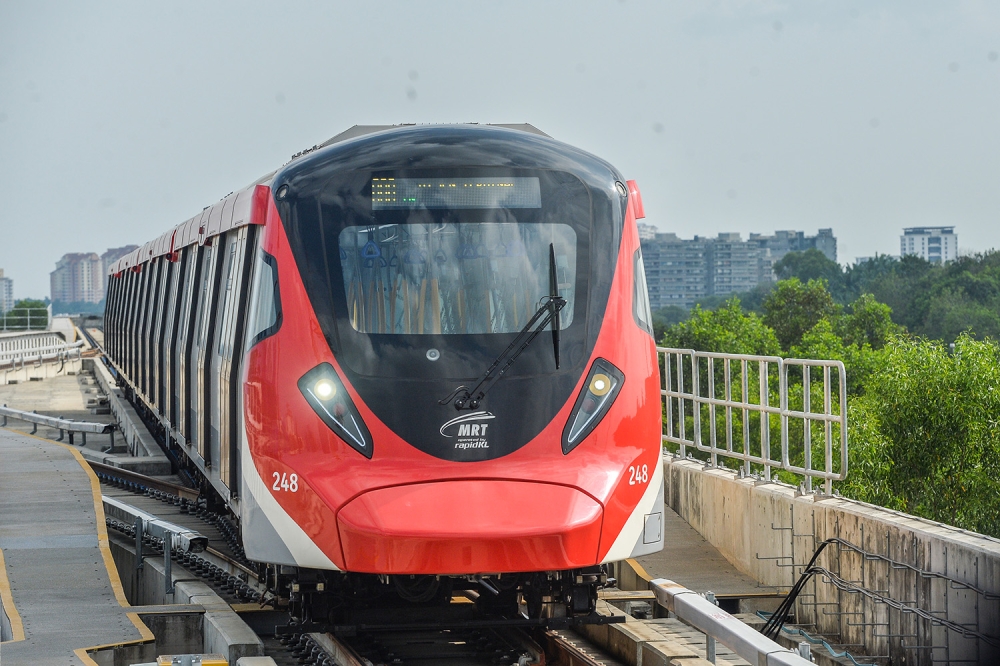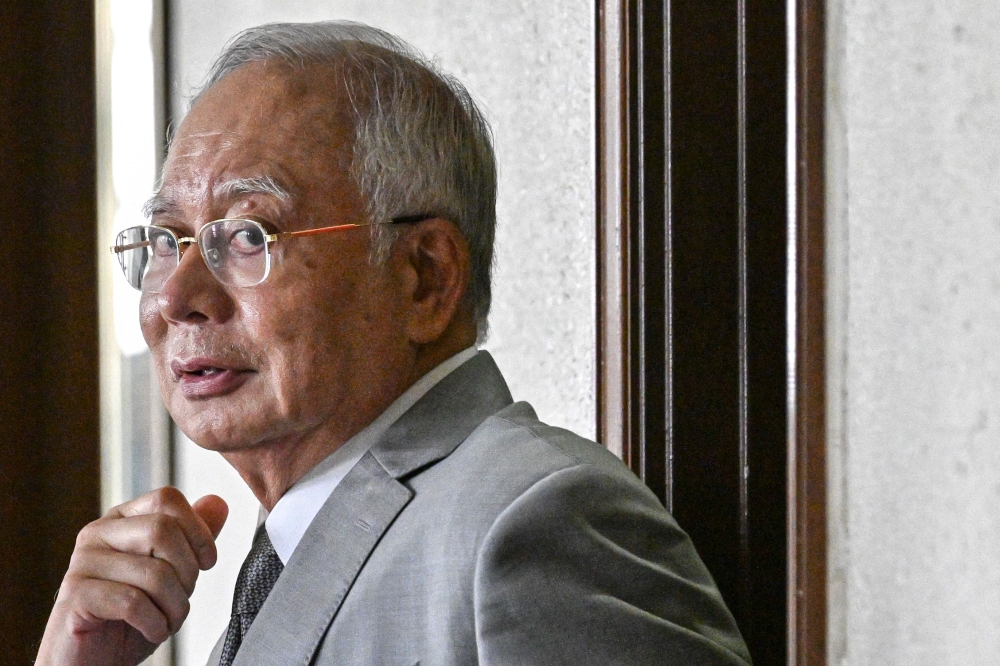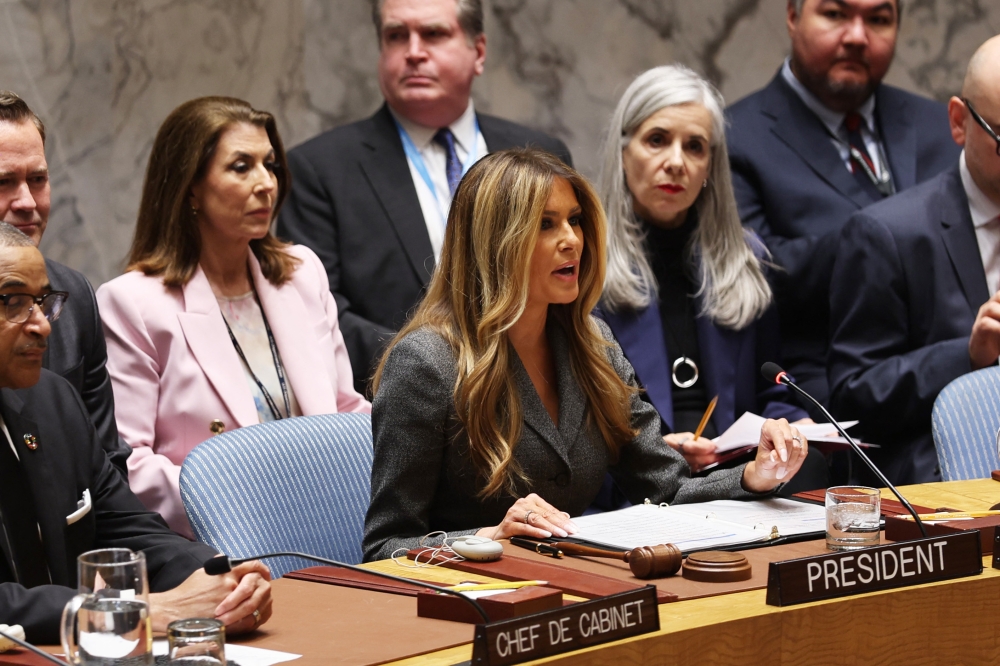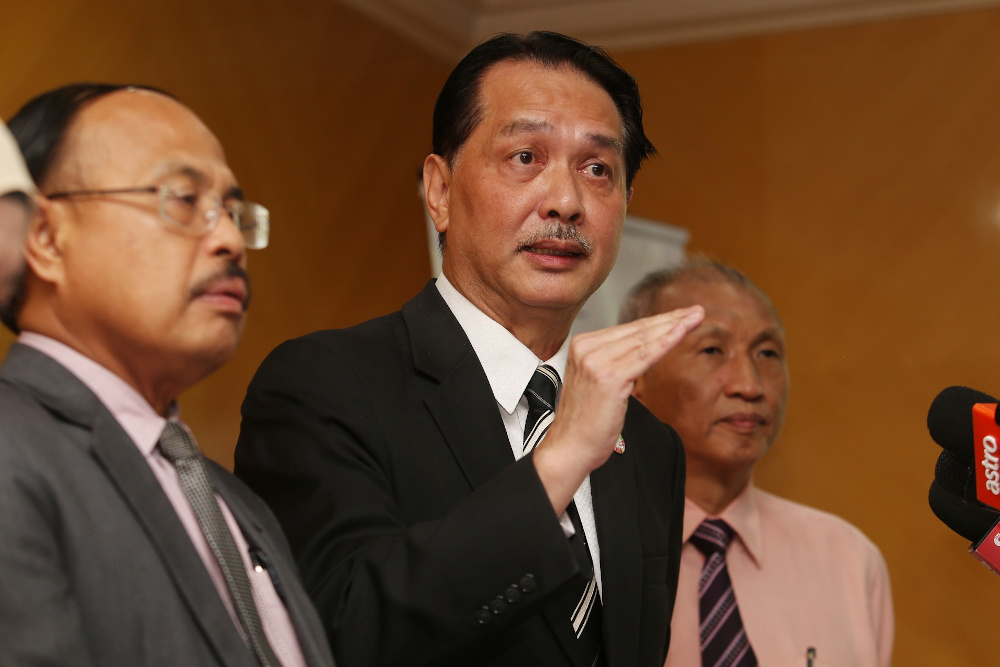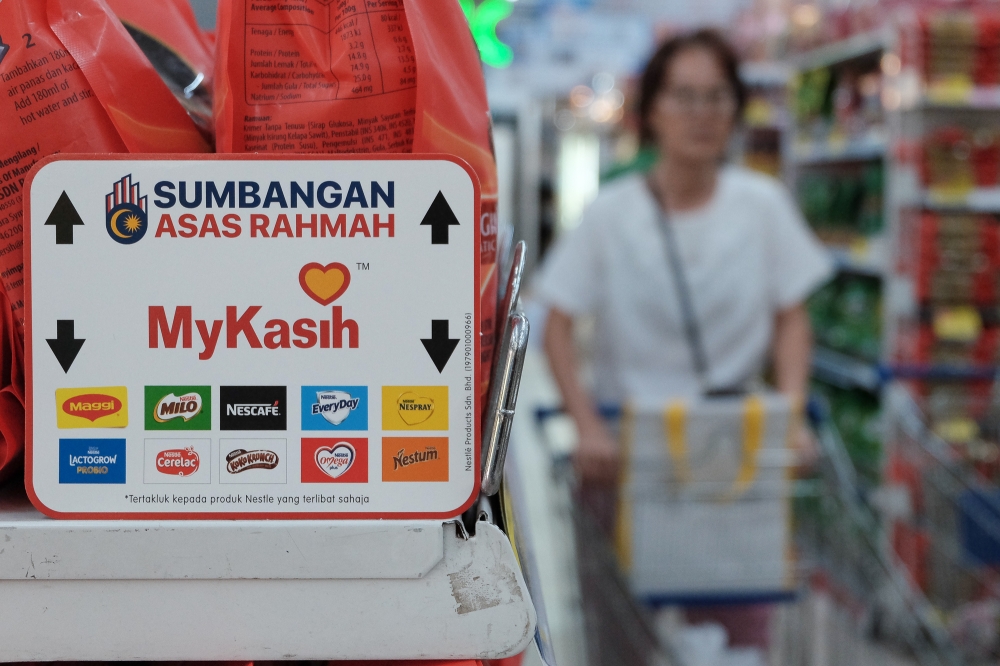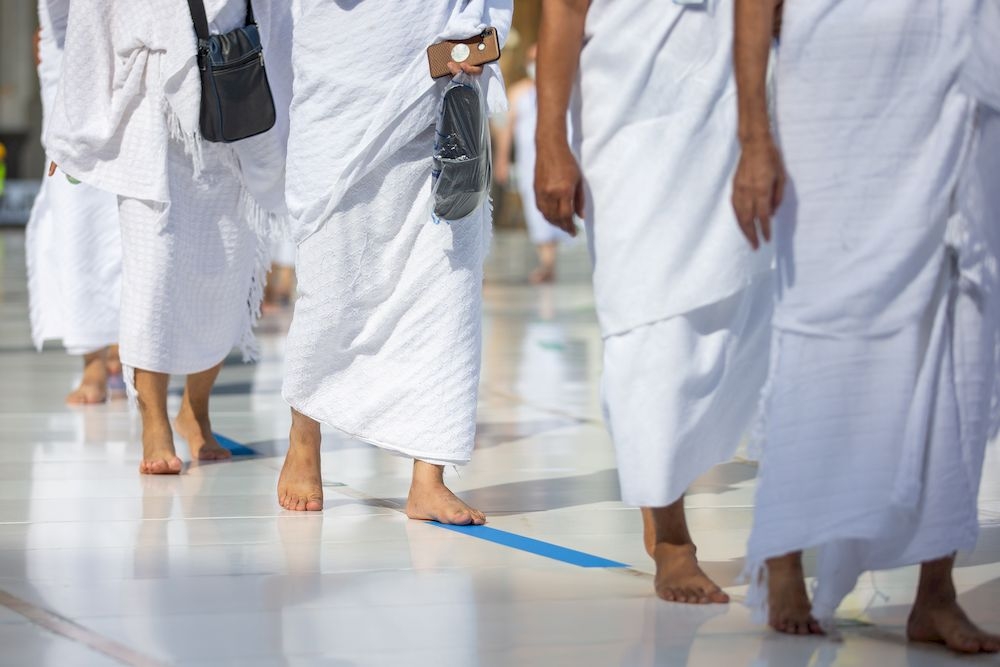KUALA LUMPUR, May 14 — Malaysia’s Health Ministry is using a targeted approach by using its Covid-19 testing capacity wisely for a win-win outcome with a “high impact”, but at a “reasonable cost”, instead of just testing everyone in the country, which may not be as efficient or effective as they could still be exposed to Covid-19 risks in their community.
Health director-general Datuk Dr Noor Hisham Abdullah today said that Malaysia currently has 45 labs equipped for Covid-19 tests, which translates to a daily testing capacity of 26,673 at the moment.
“Yesterday, we did 25,106 samples and so it’s 94 per cent.
“What is more important is that we have the capacity to test, but if we want to test, we are using the opportunity in terms of our capacity to test for our targeted approach...We have eight targeted groups,” he said in his daily press conference on Covid-19 updates that was broadcast “live” on Facebook.
The eight groups targeted for Covid-19 tests include the tabligh group, tahfiz group, enhanced movement control order (EMCO) areas, markets, senior citizens, foreign workers, healthcare workers and existing clusters, he said.
“So now the capacity that we have, we will focus into these areas, these eight targeted groups, so that is our focus, rather than to test everyone.
“But if we were to test everyone, the next question is how often do you test? Because if you test everyone and then you isolate them, that’s fine; but they are still exposed in the community and the virus is in the community. So that’s the next question, how often do you want to test them? So instead of testing everyone, so we focus into our targeted groups,” he said.
He said Malaysia had used the same targeted approach when carrying out Covid-19 tests during the previous rounds of movement control order (MCO), which had borne result with the country successfully flattening the curve of the rate of Covid-19 cases.
“We have won the battle, but we have not won the war yet,” he said, urging Malaysians to continue to follow the Health Ministry’s standard operating procedures and take the necessary precautions in order to further bring down the R-nought or the infectious rate of the Covid-19 disease.
Construction workers the focus now among foreign workers
Dr Noor Hisham said the Health Ministry encourages employers to carry out Covid-19 screenings for their employees including foreign workers.
He said, however, that it would not be necessary to test foreign workers in green zones such as the entire state of Perlis, where there has been no active Covid-19 cases reported for more than two weeks, adding: “But if the employer wants to do the screening, by all means.”
“But for us in the Health Ministry, we target in the red zones, and mainly for the construction workers, because now it is among the construction workers. For example, maids, there are no outbreaks because [they are] living with us,” he said, noting that the Health Ministry is targeting foreign workers in red zones such as in Kuala Lumpur and Selangor for Covid-19 screening.
“So I think this is where we look into high impact, reasonable cost, and good outcome. This is our strategy rather than test, test everyone and we do not know how frequently you want to test.
“So although we have the tests available, we are not embarking on test, test, test for everyone, but we are using the resources that we have to target high impact, high outcome, reasonable cost,” he added.
In the Health Ministry’s latest data released today on the distribution of active Covid-19 cases in districts nationwide, there are currently eight districts that are red zones or where more than 41 cases are still under treatment as of May 13 noon.
These eight districts that are red zones are Kuala Lumpur’s four districts Ibu Kota (155), Batu (104), Kampung Bharu (97) and Sri Petaling (45); Negri Sembilan’s Rembau (151) and Seremban (41); Sarawak’s Kuching (68), and Selangor’s Petaling district (61).
The Health Ministry had previously also indicated however that the designation of red zones and green zones is not just for districts, but could also apply to an entire state or even smaller divisions than districts such as mukim (parish).
